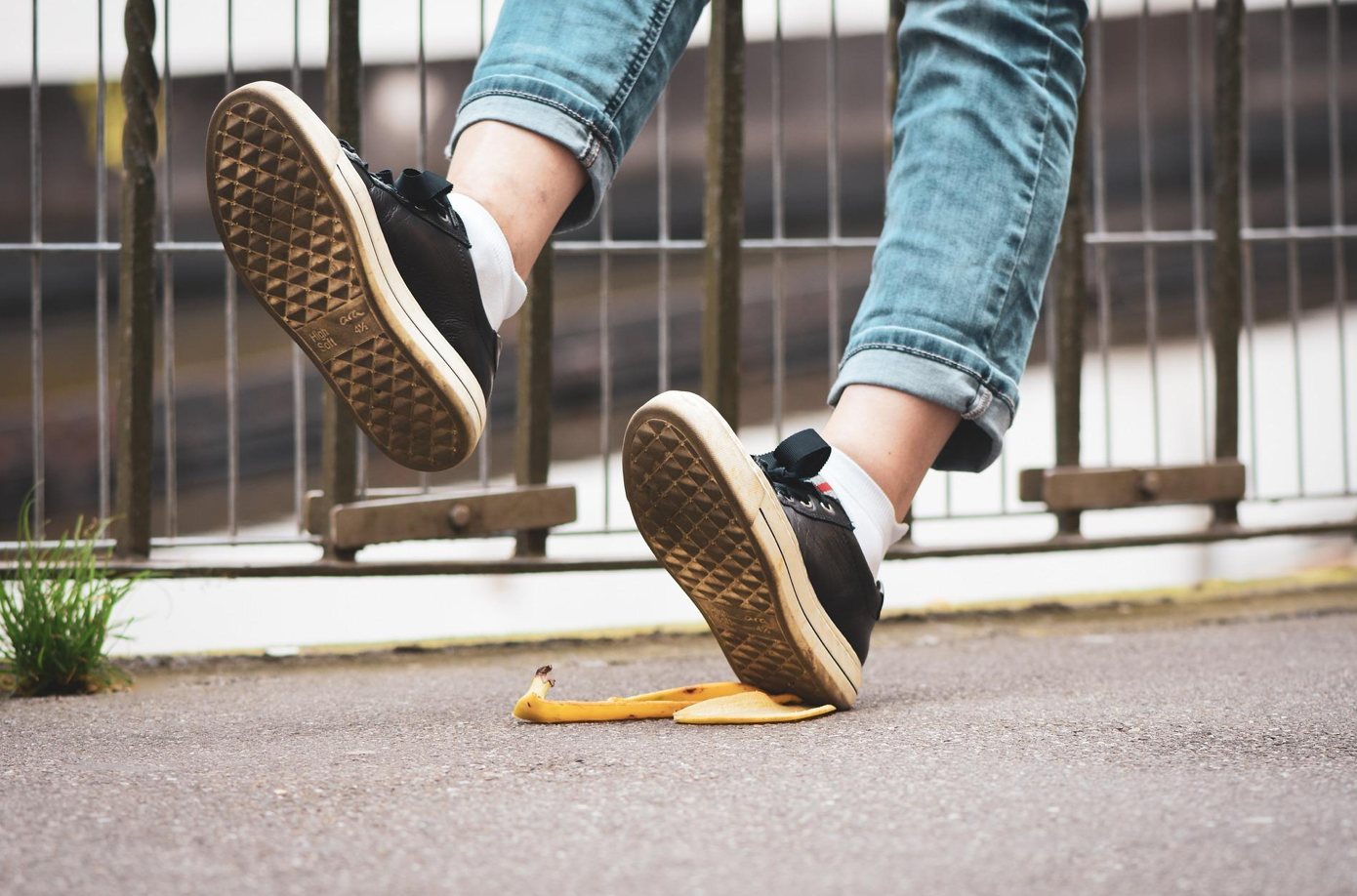Navigating slip and fall liability and compensation laws in New York requires a clear understanding of the factors influencing liability and legal considerations.
Slip and fall accidents are common, and understanding the legal framework surrounding these incidents is crucial for individuals and property owners in New York.
This article aims to shed light on the complexities of slip and fall liability and the compensation options available to injured parties.
Factors Influencing Liability
Slip and fall accidents are often the result of various contributing factors that create hazardous conditions:
- Environmental hazards: Slippery surfaces from spills, wet floors, or cleaning, as well as uneven flooring, loose rugs, and poor lighting.
- Weather conditions: Rain, snow, or ice can create slippery outdoor surfaces, especially in high-traffic areas like sidewalks and parking lots.
- Lack of safety measures: Missing handrails, insufficient warning signs, or poorly maintained paths increase slip and fall risks, especially in public places.
- Footwear and clothing issues: Inappropriate shoes or loose clothing can reduce stability, increasing the chances of slipping.
- Distractions: Phone use or multitasking can divert attention, contributing to slip-and-fall incidents due to inattentiveness.
Laws Related to Slip and Fall Accidents
Understanding the legal framework governing slip and fall incidents is essential for both individuals and property owners. By grasping these regulations, you can navigate the complexities of slip-and-fall cases with clarity and ensure fair outcomes.
Statute of Limitations
In New York, there is a limited timeframe, typically three years from the date of the accident, to file a personal injury claim for slip and fall accidents. Failing to file within this timeframe may result in the loss of the right to seek compensation.
Premises Liability
In slip and fall cases, premises liability laws hold property owners accountable for maintaining safe conditions on their premises. This includes regular inspections, addressing hazards promptly, and providing warnings about potential dangers to visitors.
Building Codes and Regulations
Building codes and regulations play a crucial role in slip and fall cases, especially concerning structural defects or improper maintenance that contribute to accidents. Property owners are generally required to comply with these codes to ensure the safety of their premises.
Comparative Negligence
New York follows a comparative negligence system, which means that compensation in slip and fall cases may be reduced if the injured party is found partially at fault for the accident. However, compensation is still possible even if the injured person shares some responsibility.
Notice Requirement

Property owners may not be held liable for slip and fall accidents if they had no prior knowledge of the hazardous condition. However, if the danger was present long enough that a reasonable property owner should have discovered and addressed it, they may still be held responsible.
Seeking Compensation for Injuries
When dealing with slip and fall accidents, seeking compensation for injuries is a vital step towards recovery. Here are the types of compensation individuals can seek:
- Medical Expenses: This includes costs related to hospital visits, surgeries, medications, rehabilitation, and ongoing medical care for injuries sustained in the accident.
- Lost Wages: If the injuries result in missed work days or reduced earning capacity due to disability, compensation may cover lost wages and future income losses.
- Pain and Suffering: Compensation for physical pain, emotional distress, and diminished quality of life caused by the accident and resulting injuries.
- Property Damage: In cases where personal property (like clothing or electronics) is damaged during the accident, compensation may be sought for repair or replacement costs.
For individuals seeking fair compensation after a slip and fall accident, consulting with a reputable personal injury lawyer in NYC can provide valuable guidance and support throughout the legal proceedings.
Conclusion
Navigating slip and fall liability and compensation laws in New York requires a clear understanding of the factors influencing liability and legal considerations. By staying informed and seeking legal assistance when needed, individuals can pursue fair compensation for injuries sustained in slip and fall accidents.


Join the conversation!